Millions of others were not so lucky.. Read the story of Ruben, working in Sudan
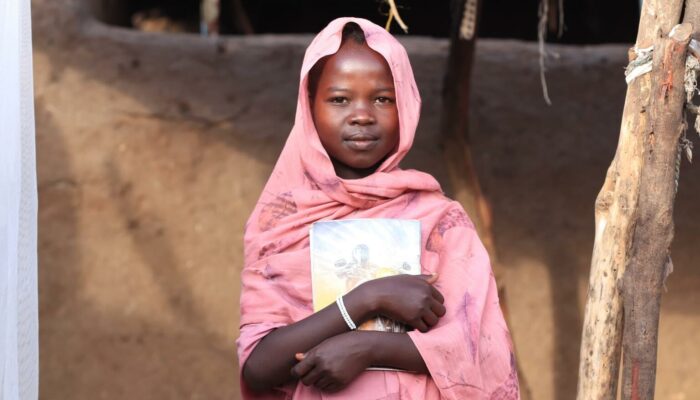
An immense crisis
Prior to the war, Sudan already faced several challenges for children to survive and thrive, which all have worsened. Now, 17 million children are out of school, 5 million are forcefully displaced, close to 4 million children are acute malnourished, millions lack access to healthcare, safe drinking water and sanitation, and millions are exposed to the risk of violence, abuse and exploitation. The scale of the matter is just unimaginable. The vulnerabilities of children are heartbreaking.
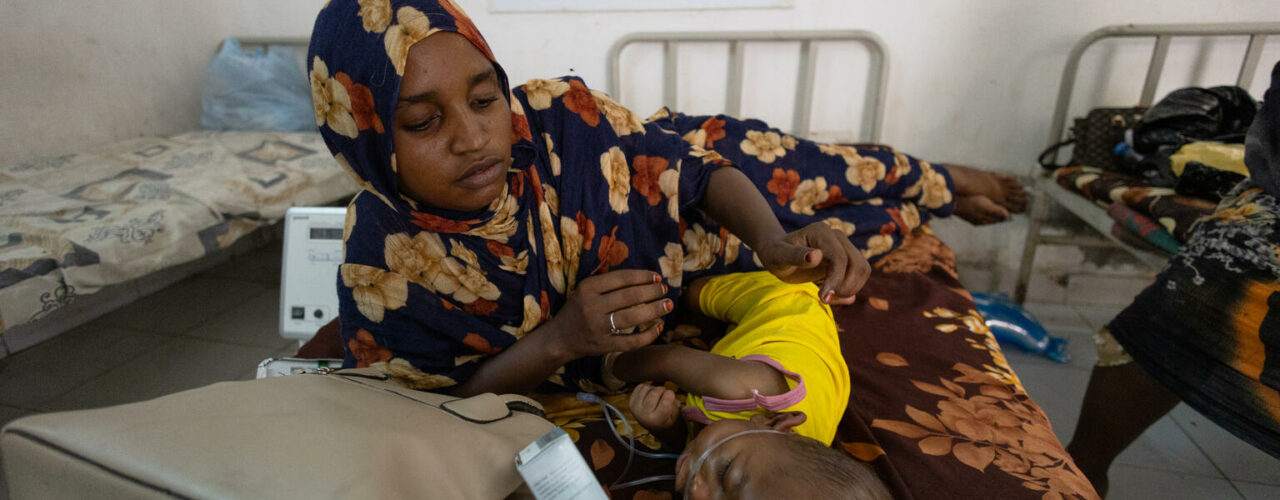
Can you tell a bit more about your evacuation?
I used to stay with my wife and two kids in Khartoum where we were part of the community. That made it really hard to evacuate. I think there will always be an aspect of guilt that you feel when you are being evacuated, realizing many others are not in a position, don’t receive that same support. Even though you want to protect your wife and children first, and want to avoid any trauma to happen, it is a very mixed feeling to leave millions of children behind in a country trapped in a war. Especially in our line of work, you want to be there, where people need you most.
Fortunately, I was able to continue my work, and return to Sudan in June 2023. Returning to Sudan had a healing effect, it allowed me to re-unite with many of my UNICEF Sudan team members, and give back to the ones I felt I had left behind. We need all hands-on-deck for the children of Sudan.
You want to be there, where people need you most.
What does UNICEFs work entail?
UNICEF wants all children to survive and thrive. We want to get children to go to school. And if the schools are closed, we want to provide them alternative means to learn. We want children to get immunization and nutrition to be protected against disease, and able to develop and flourish. We want to protect them and not to get exposed to violence, abuse and exploitation. We want children to be children, to be safe, have fun, learn and play.
We work together with lots of partners and focus on making sure that children stuck in the midst of fighting receive emergency relief, children and families internally displaced receive the protection and care they need while being on the move, and throughout the country critical social services remain accessible for every child.
Working in a war-torn country is tough, as you face something man made, that is very frustrating. It is even more frustrating if you realise where the country could be, and the injustice which is done to children, how their futures are being stolen. On the one hand it makes work extremely rewarding, and every day I feel motivated to give my best and make a little difference in the lives of the children of Sudan. On the other hand, you sometimes need to step back and take a deep breath to find energy, to keep on going.
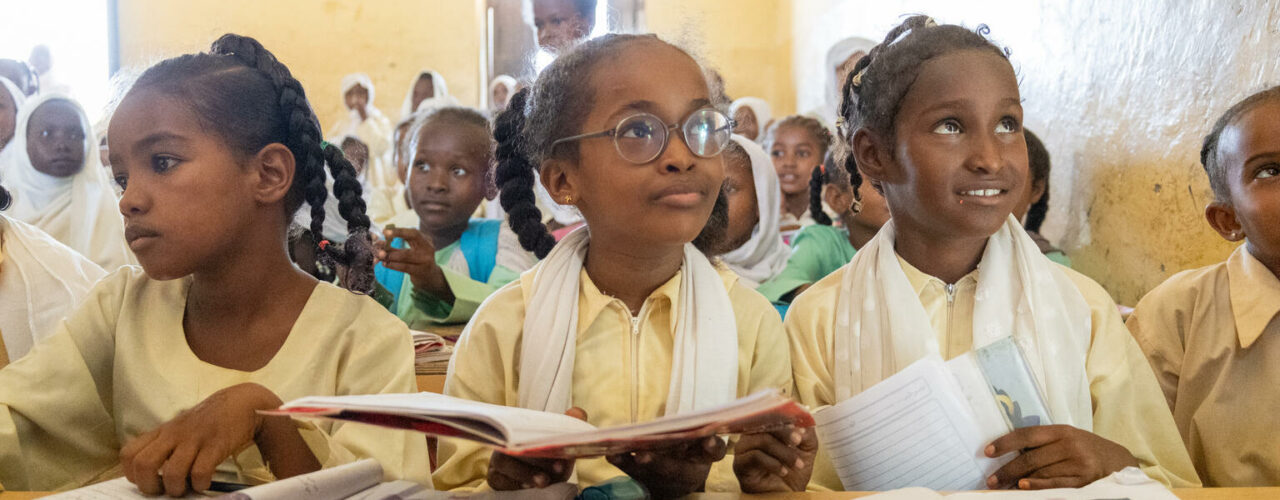
How is it for you that the international community seems not to care enough?
I am not sure if it is not caring enough, we always need to be thankful for what we do receive. But I do think there is not enough attention and awareness for the nightmare 24 million children in Sudan face. We need to speak up. Sudan has been forgotten for a long time already, which is not fair for the people in Sudan. The attention it receives is not enough. So again: I do think people care, I think it is a lack of knowledge and awareness.
I do think people care, I think it is a lack of knowledge and awareness.
Do you ever feel unsafe or scared?
Uhm.. When you get stuck in war you get really focused. I needed to drive my wife and children to safety in our own car, though our neighborhood where active fighting was ongoing, and witness scenes no child should ever see – something we fortunately were able to avoid for our own kids. There are moments that you hope that things will be ok, but I do not think that fear ever got hold of me, my wife or my children. I think we have been very lucky, but unfortunately millions of others were not that lucky. I have heard horrible stories of Sudanese which needed to go through living nightmares, reaching safety without anything but trauma. When back in Sudan, I regularly visit the IDP gathering sites UNICEF is supporting. The harrowing stories that I hear there, or the drawings that children made show the fear and the stress they’ve been through. It makes me proud of the work we do tho, to see how our work is offering healing to children. Seeing children get over trauma, getting back their smiles, is heartwarming.
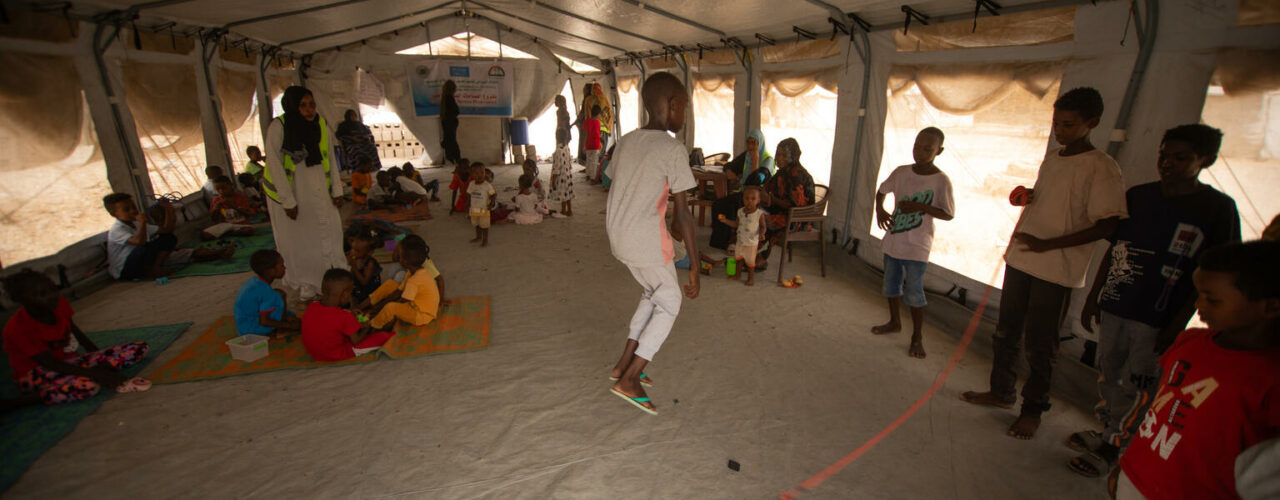
If you look at your UNICEF colleagues, what makes you proud?
Many of my national colleagues lost their family homes. It is incredible how they persevered. Many of colleagues risked their own lives for that of others. The level of dedication and care for each other while you are being faced with war – that is incredible. We have absolute heroes in our time.
We have absolute heroes in our time.
Do Sudanese people have hope?
Yes, otherwise you cannot live. Do they always feel it? No. Do they have low days? Yes. Do they have days that are even worse? Yes. But they never give up. The resilience of the Sudanese is deeply impressive. The Country has so much to give, so much potential. There is a lot of hope, pride and love left.
Keep your eyes on Sudan and let everybody do what they can do to help. Not just for Sudan, also for the rest of the world. I think we should try a bit harder to take better care of each other.
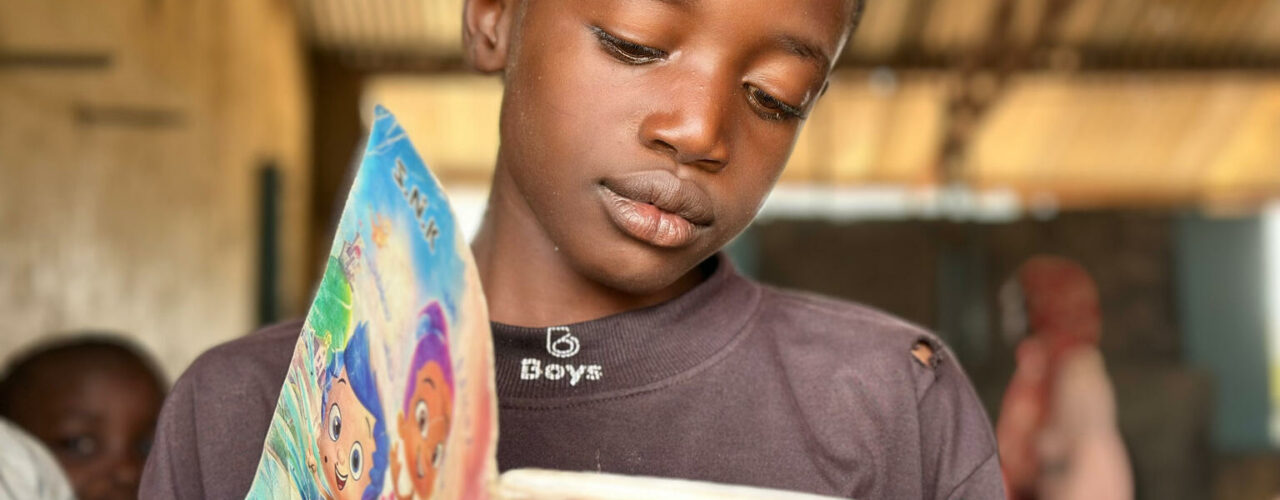
Read more about the work that UNICEF does here.
Author: Marianne van Elst – Sijtsma
Date: 20th of December 2024
